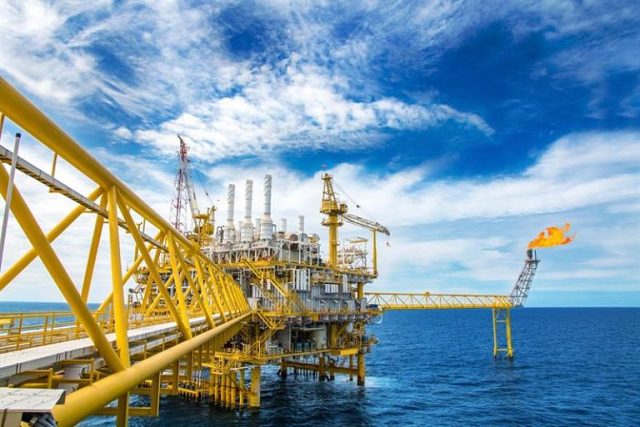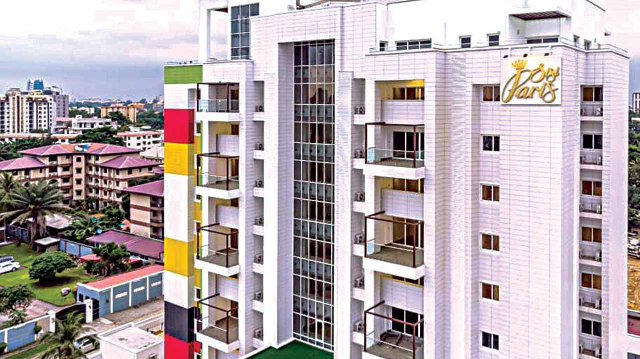The new framework – the Nigerian Gas Flare Commercialisation Programme (NGFCP), initiated by the federal government to monetise the volume of gas flared in Nigeria’s oil fields is expected to ensure that wasteful practice ceases to exist in the country within three years from when it becomes operational.
Besides its expected environmental impacts on the oil-bearing Niger Delta region, the programme according to its operation’s officer, Mr. Justice Derefaka, was equally estimated to contribute about $1 billion to Nigeria’s Gross Domestic Product (GDP), while providing up to 300,000 direct and indirect jobs as well as unlocking about 600,000 metric tonnes (mt) of Liquefied Petroleum Gas (LPG) to be supplied to six million Nigerian homes.
Providing an update on the progress of the programme upon the March 22 cut-off date for submission of Expression of Interest (EoI) and issuance of Request for Qualification (RfQ) package for its first bid round to be conducted, Derefaka, noted that about 700 bids had so far been harvested, and that the opening of the Statements of Qualification (SOQs) will follow next.
“The NGFCP is designed as the strategy to implement the policy objectives of the federal government for the elimination of gas flares from Nigeria’s oil and gas fields in the near term (2-3 years), with potentially enormous multiplier and development outcomes for Nigeria.
“It is also designed as the contribution of the petroleum sector to Nigeria’s Intended Nationally Determined Contributions (INDC) under the Paris Agreement (COP21).
“It is an approach to eliminate gas flaring through technically and commercially sustainable gas utilisation projects developed by competent third party investors who will be invited to participate in a competitive and transparent bid process.
“The commercialisation approach has been considered from legal, technical, economic, commercial and developmental standpoints. And it is a unique and historic opportunity to attract major investment in economically viable gas flare capture projects whilst permanently addressing a 60-year environmental problem in Nigeria,” Derefaka said.
According to him: “Third party investors are to access and utilise flared gas that is currently being sent to flare and convert same into Flare-Gas-to-Market-Products (FG-2-MP) and demonstrate project development experience and proven technology in commercial application.
“The NGFCP is also designed as an important climate change action plan for the nation. And, it is the first market driven program undertaken on this scale globally. Bidders will have flexibility of choosing which flare sites to bid for, the gas price, and the end market or gas product, as well as the technology to be used.”
Continuing, he explained that: “As at today, over 700 investors have registered to download the RfQ package to submit their statements of qualification (SOQs) for participation in the programme.
“In terms of developmental impact, the NGFCP benefits are huge, ranging from an overall inward investment of around US $3 – $3.5 billion; a potential annual revenues/gross domestic product (GDP) impact around $1 billion/annum.
“The NGFCP could also generate approximately 300,000 direct and indirect jobs and unlock and supply around 600,000MT of Liquefied Petroleum Gas (LPG) product to six million homes in Nigeria.”
Consistent with Nigeria’s commitments for reduction of greenhouse gas (GHG) under the Paris Climate Change Agreement, Derefaka, stated that the program would reduce Nigeria’s CO2 emissions by approximately 13 million tons per year, which could further be monetised under an emission credits or carbon sale programme.
“The next critical path item, in compliance with the approved programme implementation timeline following the closure of submission of SOQ’s on the Friday, 22nd March, 2019, is the opening ceremony of the SOQs,” he added.
Nigeria would need at least $3.5 billion investments to activate the new market-based initiative it had set up to end the practice of gas flaring at oil fields in the Niger Delta by 2020, Derefaka had disclosed.
Speaking at the 36th edition of the annual conference and exhibition of the Nigerian Association of Petroleum Explorationists (NAPE) held in Lagos last year, Derefaka had explained that the $3.5 billion to be sought by Nigeria would be brought in by investors willing to participate in the NGFCP, which according to him, has immense benefits.













